Rix Research were in Graz, Austria last week helping to deliver a really exciting week of teaching to European Educators. The group of twenty two teachers from schools in Portugal, Italy, Romania, Germany, Finland, Poland and Croatia were attending the latest ‘Inclusive Education with Tablets’ course and discovering how they can change the way they teach using tablets and mobile devices.
Gosia Kwiatkowska and Charlie Saward delivered two modules from the ‘Multimedia Advocacy Pathway to Personalised Learning’. The Pathway is a step-by-step model for educators that has been specially developed by Rix Research. Employing the values & principles of person-centred thinking, Multimedia Advocacy and Universal Design for Teaching & Learning in combination with tablets and mobile devices, educators can follow the Pathway to achieve teaching & learning that is genuinely personalised for their learners. Gosia explains “We have to remember that apps and mobile devices, whilst they have the potential to be hugely powerful teaching tools are still just tools, what’s important is that we [teachers] use them with purpose, that we use them with the right approach.”
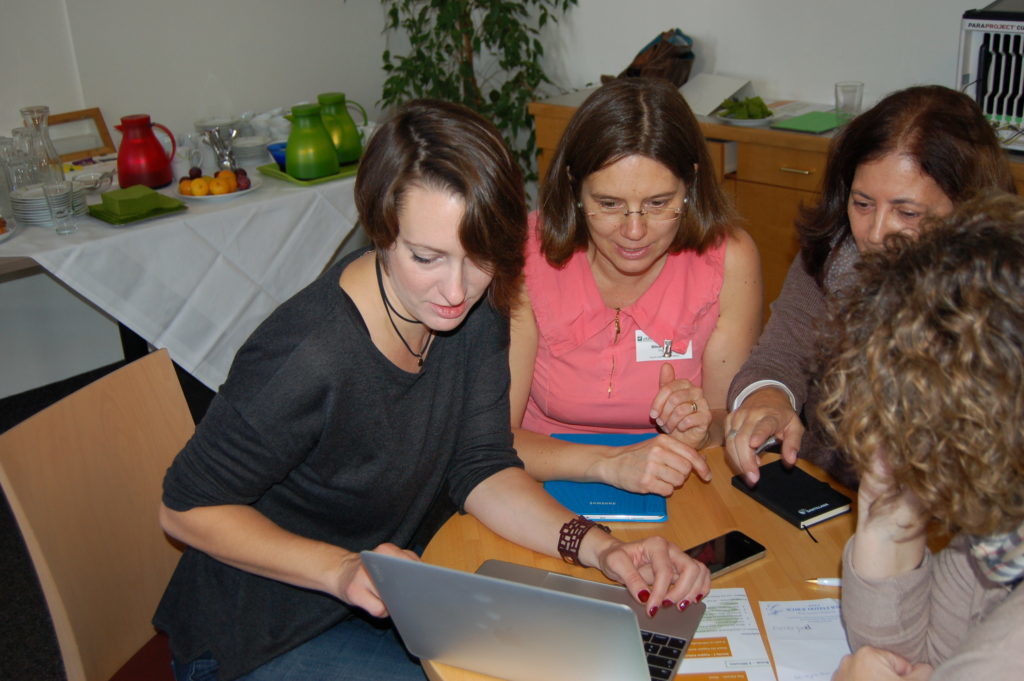
The courses are designed & delivered by the IncluEdu project partners – a strategic partnership of five leading European organisations, including Rix Research, who collectively have a unique expertise in the field of ICT and inclusive learning. IncluEdu has developed a range of competence-based courses that enable European Educators to use tablets and mobile devices to both activate and empower their learners. The Multimedia Advocacy Pathway to Personalised Learning sits at the heart of the course offer as the theoretical backbone.
“It was a great course that will really change my teaching” commented one participant, “I will definitely be using the Nearpod and thinking about how I can put my students at the centre of learning process.”
If you are a European teacher or educator interested in using tablets and mobile devices to empower your learners, you may be able to apply for an Erasmus+ mobility grant to participate in our courses. To find out about upcoming courses and apply for funding visit the IncluEdu website.
The full ‘Multimedia Advocacy Pathway to Personalised Learning’ course will be running in London in September 2017. The next course will take place in Dublin in December 2016.
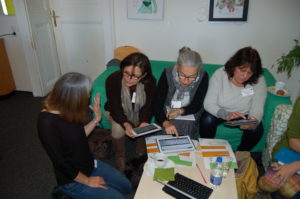

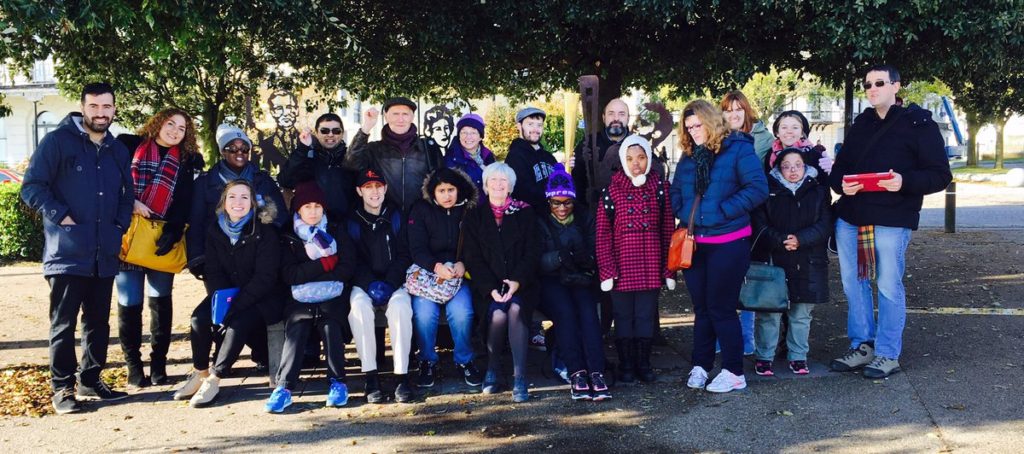
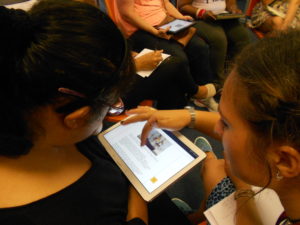
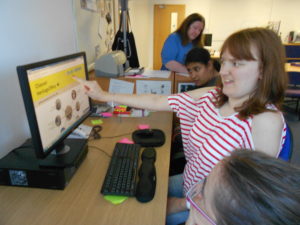
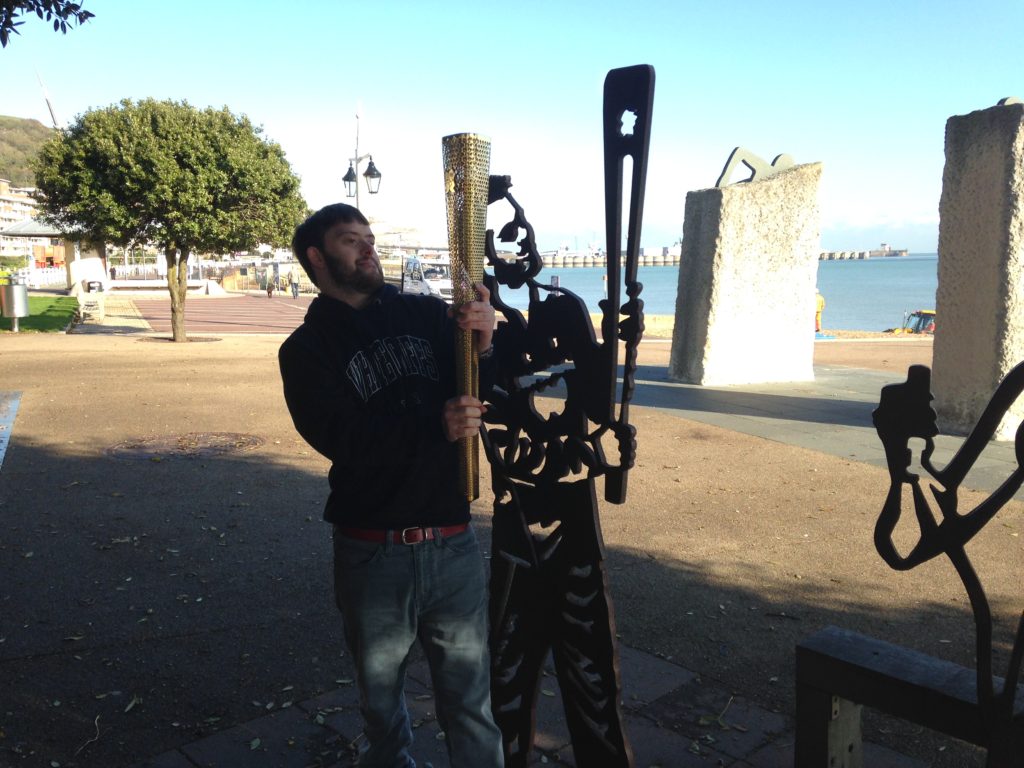
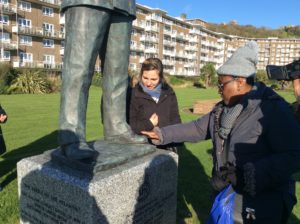
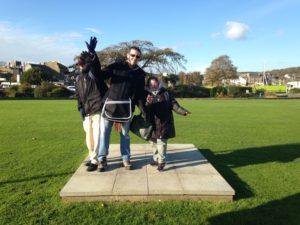
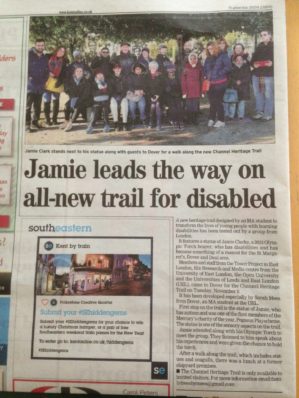
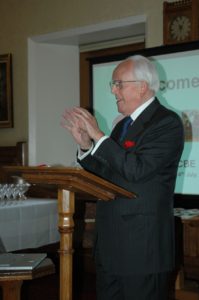
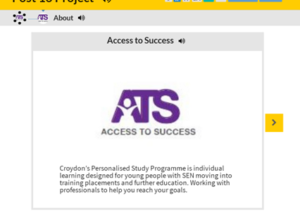 “There’s a group of young people and we want to work with them to provide pathways into education and employment for them. These are young people who would have been sent away to residential schools out of their own community. So they would have to come back and start to re-establish their social network, having lost touch with their school friends and not knowing how to get around in Croydon. So we’re keeping them in the community. They have a formal education two days a week then spend time at the local youth centre learning life skills.
“There’s a group of young people and we want to work with them to provide pathways into education and employment for them. These are young people who would have been sent away to residential schools out of their own community. So they would have to come back and start to re-establish their social network, having lost touch with their school friends and not knowing how to get around in Croydon. So we’re keeping them in the community. They have a formal education two days a week then spend time at the local youth centre learning life skills.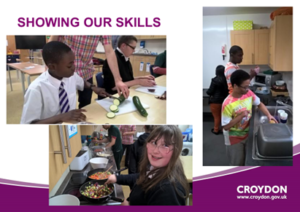 “So they are learning practical skills, about being safe, getting out and about, cooking, staying healthy, working together as a team, and making friends.”
“So they are learning practical skills, about being safe, getting out and about, cooking, staying healthy, working together as a team, and making friends.”
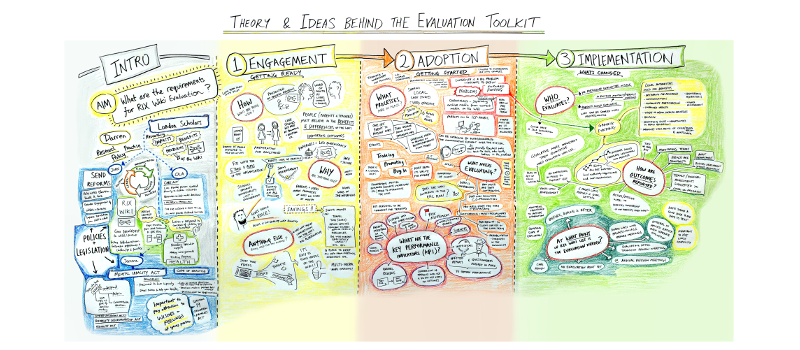
 Santino Vassell is an associate peer recovery trainer at CNWL’s Recovery and Wellbeing College. He teaches a course at the college working with individuals with mental health and learning difficulties and he refers to this as his first real job. Santino is able to offer a unique perspective in the college as he himself has a learning disability as well as a mental health disability.
Santino Vassell is an associate peer recovery trainer at CNWL’s Recovery and Wellbeing College. He teaches a course at the college working with individuals with mental health and learning difficulties and he refers to this as his first real job. Santino is able to offer a unique perspective in the college as he himself has a learning disability as well as a mental health disability.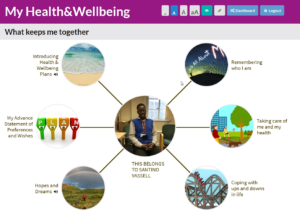 He attended a two-week Wiki Builder’s course with two of his fellow recovery trainers. Santino enjoys the person-centred structure of the Wiki and says that this makes it easier for people with mental health and learning difficulties to express themselves. He describes a Wiki as a story about you, told by you. “You can put your own pictures, your own writing, and you can even put your favourite songs on it! It’s a fabulous and brilliant tool.”
He attended a two-week Wiki Builder’s course with two of his fellow recovery trainers. Santino enjoys the person-centred structure of the Wiki and says that this makes it easier for people with mental health and learning difficulties to express themselves. He describes a Wiki as a story about you, told by you. “You can put your own pictures, your own writing, and you can even put your favourite songs on it! It’s a fabulous and brilliant tool.”